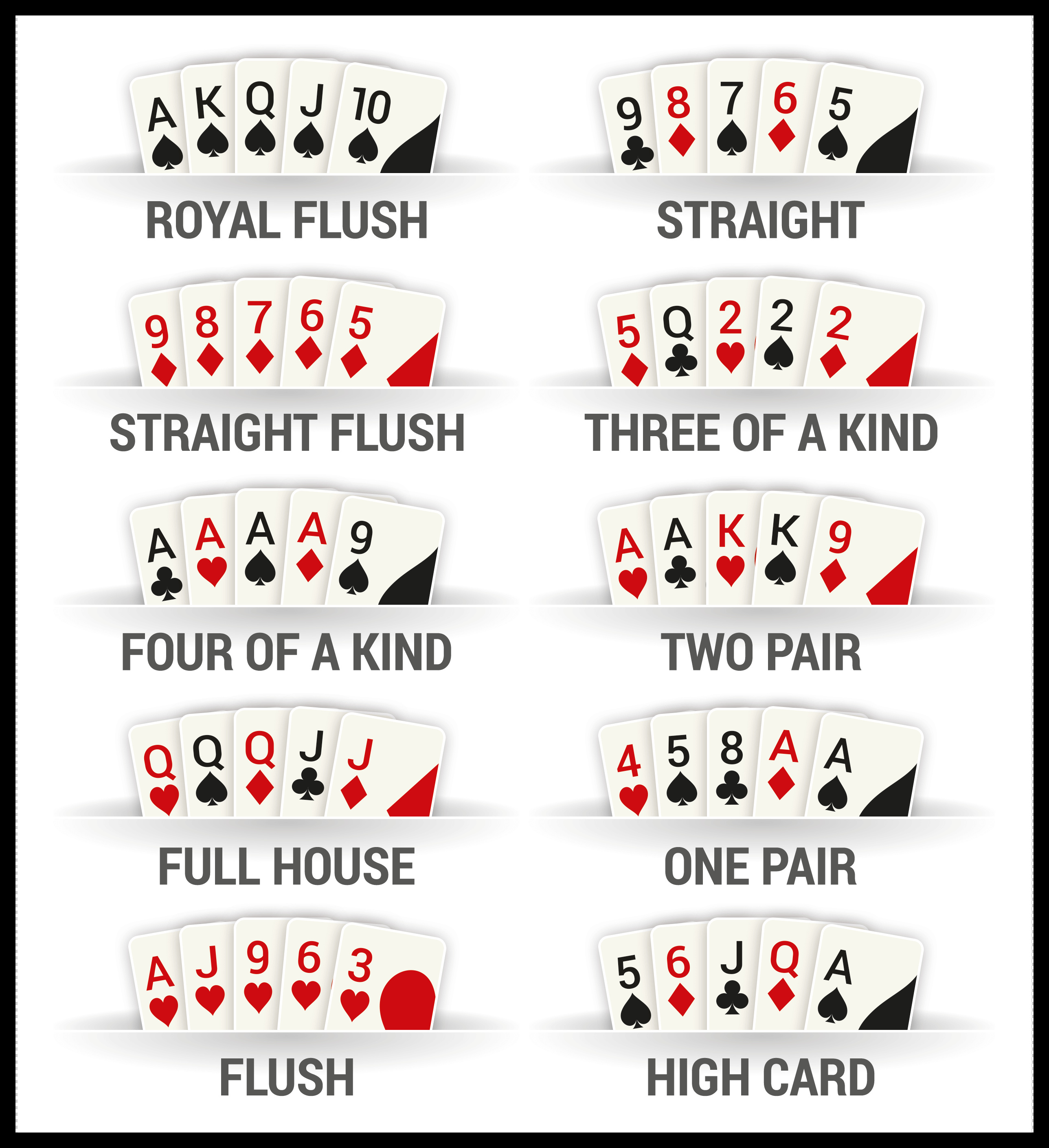Poker Four Bet

Upswing Poker co-founder Ryan Fee shares his thoughts on various aspects of 4-betting and 5-betting in No Limit Texas Hold'em. Topics covered include reasons to re-raise (value vs. What is Four-bet in Poker? Four-bet or 4bet refers to the fourth bet (or third raise) in a sequence of bets. In games such as Hold’em an Omaha, it’s important to remember that the first bet on the preflop round is actually the mandatory big blind post.
Poker For Beginners Free
Most of the time when you make a four-bet pre-flop you will be doing it for value with a really strong hand like pocket Aces or pocket Kings. However, if you are up against aggressive players who are three-betting a lot, you can’t always afford to wait for a strong hand. Sometimes you have to make the occasional four-bet bluff just to keep them honest! It’s a risky play but if you know the right times to attempt it, then there are many positives that can result.
The most important factor to consider is the likelihood that your opponent is bluffing when they three-bet you. Much of this knowledge comes down to your playing history with them. From your time spent at the poker table do you think they are capable of three-bet bluffing? Or are they such a tight player that whenever they show aggression they always have a strong hand? When you’re in the heat of battle it may feel like you are getting attacked left and right with three-bets but, unless you see your opponent’s hand at showdown, it’s impossible to tell if you are just running into monster hands or being exploited. Four-bet bluffing against a player that is perpetually three-betting you will quickly give you an answer – if they fold you have discovered they are bluffing, and if they shove on you they obviously aren’t!
Now that you’ve deciphered which opponents it is worth four-bet bluffing, it’s crucial to talk about the starting hands you should bluff with. At first glance this appears to be irrelevant. After all, if you are bluffing the main way you intend to win the hand is from your opponent folding, not by having the best hand and winning at showdown. However, a process called card removal means that four-bet bluffing when you have a solitary Ace or King in your hand increases the chances of that bluff being successful.
As you probably know, there are only four Aces, four Kings, four Sixes and so on in a deck of cards. When facing a three-bet the main hands that you should be wary of are those involving an Ace or a King; specifically pocket Aces, pocket Kings, Ace-King and Ace-Queen. Card removal means that because you hold one of the four Aces or Kings in the deck it is statistically less likely that your opponent has one of those themselves. Therefore, the probability that they either have a good hand that can’t stand the pressure (such as pocket Nines) or they are bluffing themselves increases. In turn, your own four-bet bluff is more likely to work! Card removal isn’t an exact science – of course your opponent could still have pocket Aces even when you have been dealt A-2 – but it can subtly shift the odds in our favour, convincing us to attempt to a four-bet bluff.
Poker For Beginners In Vegas
The final thing to bear in mind when four-bet bluffing is how much to bet. In general, when you are bluffing you want to bet the smallest amount that is likely to get the job done. This is because if it goes wrong and you are called, or shoved on, you want to have lost as few chips as you can. Typically, in a cash game where the effective stack size is 100 big blinds (BB), the initial raise will be to 3BBs and a three-bet to 10BBs. When thinking about a four-bet size a good number would be to make it somewhere between 22-26BBs. You can’t really raise much smaller than this because even if an opponent is semi-bluffing with a hand like 7-6 suited they will now be getting great pot odds to call, see a flop and attempt to hit big. Making it bigger would be too risky – because we are mainly interested in getting players that are bluffing to fold, we don’t have to bet that much to succeed if our instincts are correct.